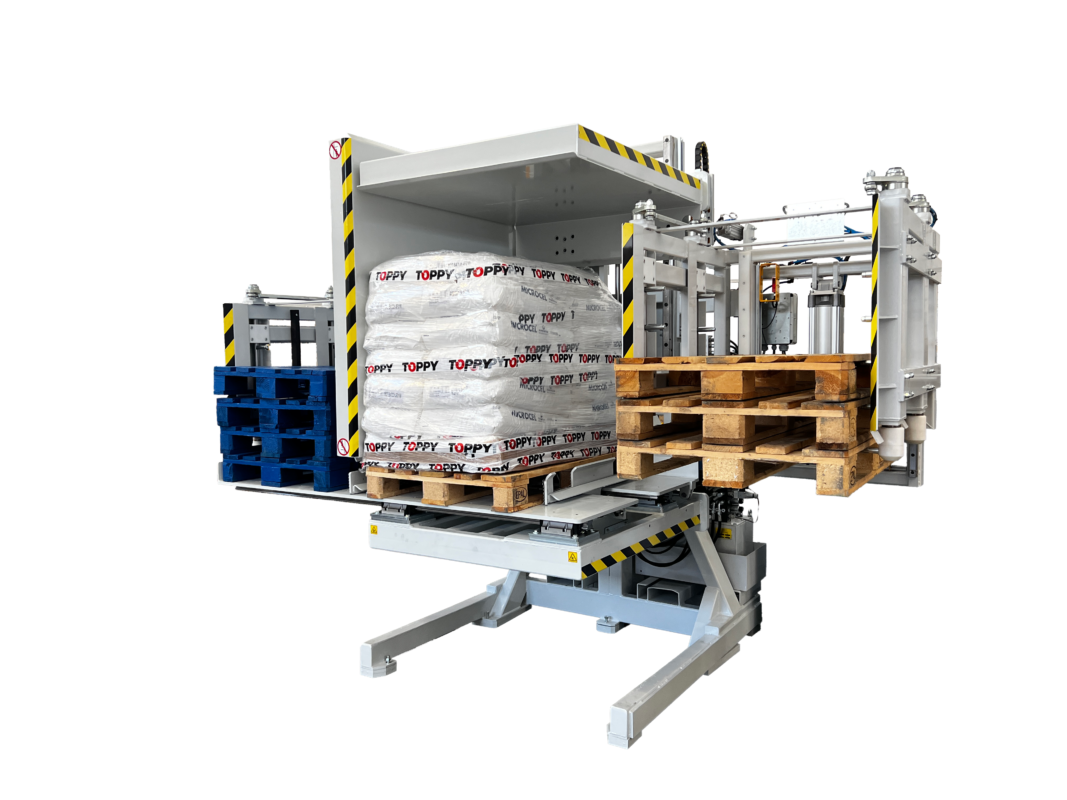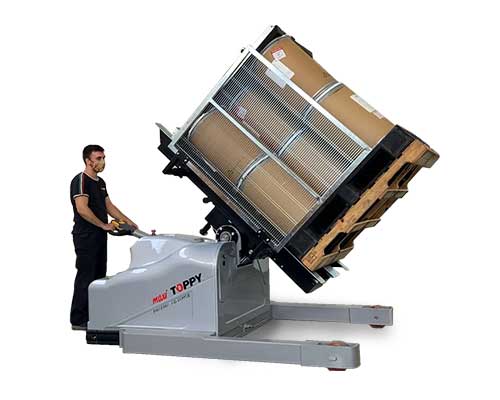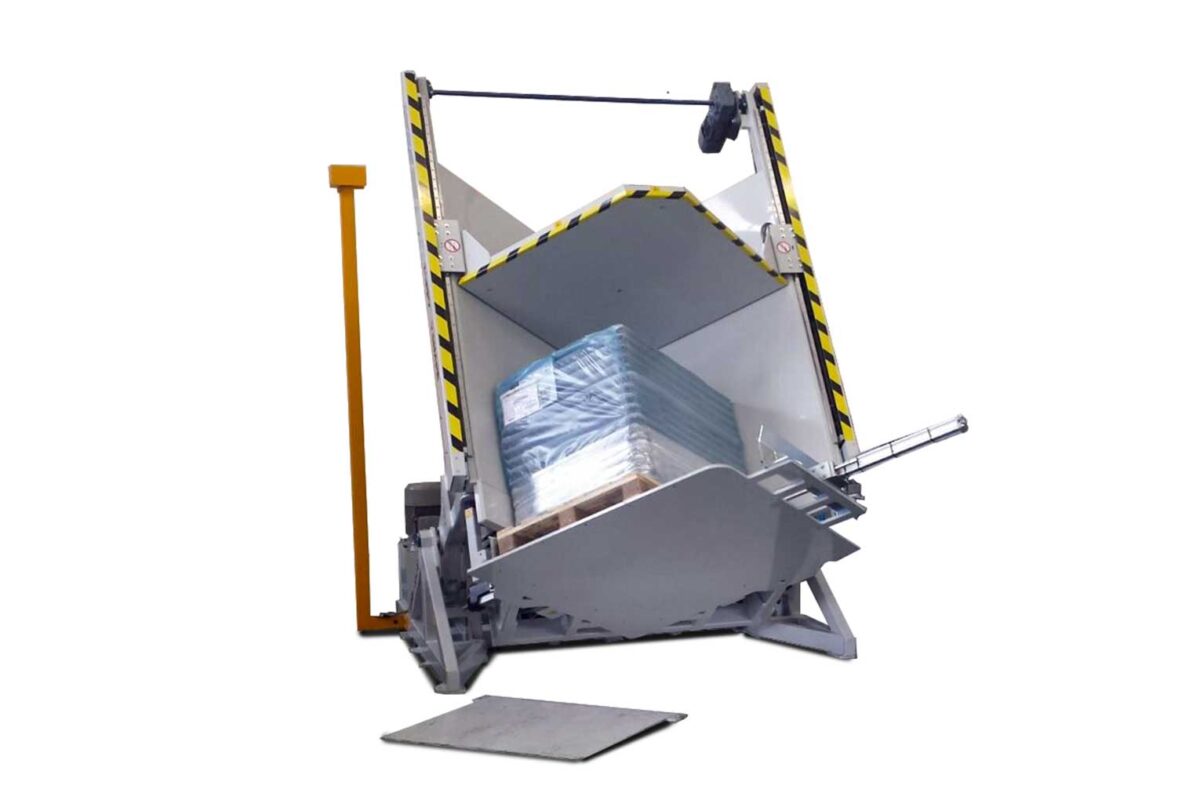In the realm of material handling and logistics, efficiency is paramount. Pallet inverters have gained recognition as valuable tools in streamlining operations, but the question remains:
Is it necessary to have an inverter?
It depends on your specific industry and operational needs. In some cases, a pallet inverter is essential for precise inventory control, product quality, and waste reduction, while in others, it may not be necessary. Assess your business requirements and industry standards to determine if an inverter is needed.
In this article, we will delve into the world of pallet inverters, exploring their functions, advantages, and the scenarios where having one is essential. Whether you’re a business owner or a logistics manager, understanding the role of a pallet inverter can help you make informed decisions in your material handling operations.


Understanding Pallet Inverters:
Before addressing the necessity of pallet inverters, let’s clarify what they are. A pallet inverter, also known as a pallet flipper or pallet rotator, is a specialized material handling equipment designed to rotate or flip entire pallet loads along with their contents.
The Functions of a Pallet Inverter:
Pallet inverters serve several critical functions in material handling:
Inventory Management: They facilitate efficient first-in, first-out (FIFO) and last-in, first-out (LIFO) inventory control by reorienting pallet loads.
Product Quality: They prevent product settling, reduce damage, and preserve the quality of goods, particularly in industries like food and pharmaceuticals.
Waste Reduction: They minimize waste by allowing the transfer of products from damaged or outdated pallets to new ones, contributing to sustainability efforts.
Scenarios Where a Pallet Inverter is Essential:
There are specific situations where having a pallet inverter is indispensable:
Industries with Strict Inventory Control: If your industry demands precise inventory management, such as perishable goods or chemicals, a pallet inverter is essential for maintaining product quality and ensuring the right products are shipped first.
Reducing Waste: If your business aims to minimize waste and maximize the use of products, a pallet inverter is a valuable asset for transferring goods from damaged or outdated pallets to new ones.
Ensuring Product Safety: In industries with stringent safety and contamination control requirements, such as food and pharmaceuticals, pallet inverters help maintain product integrity and reduce the risk of contamination.
Where is the best place to position a pallet inverter in my facility
Cost-Benefit Analysis:
Assessing the necessity of a pallet inverter should also include a cost-benefit analysis. Consider factors such as product value, storage costs, labor expenses, and potential savings in waste reduction when making your decision.
Why should I consider investing in a pallet inverter


Conclusion:
While a pallet inverter may not be necessary for every business or application, it proves indispensable in specific scenarios where precise inventory control, product quality preservation, and waste reduction are paramount. Understanding the functions and advantages of pallet inverters can help you make informed decisions about whether having one is essential for optimizing your material handling operations.
The selection of a pallet inverter should ultimately correspond with the specific demands of your industry and the particular goals of your company, with the guidance and expertise of Top Industries Inc.
